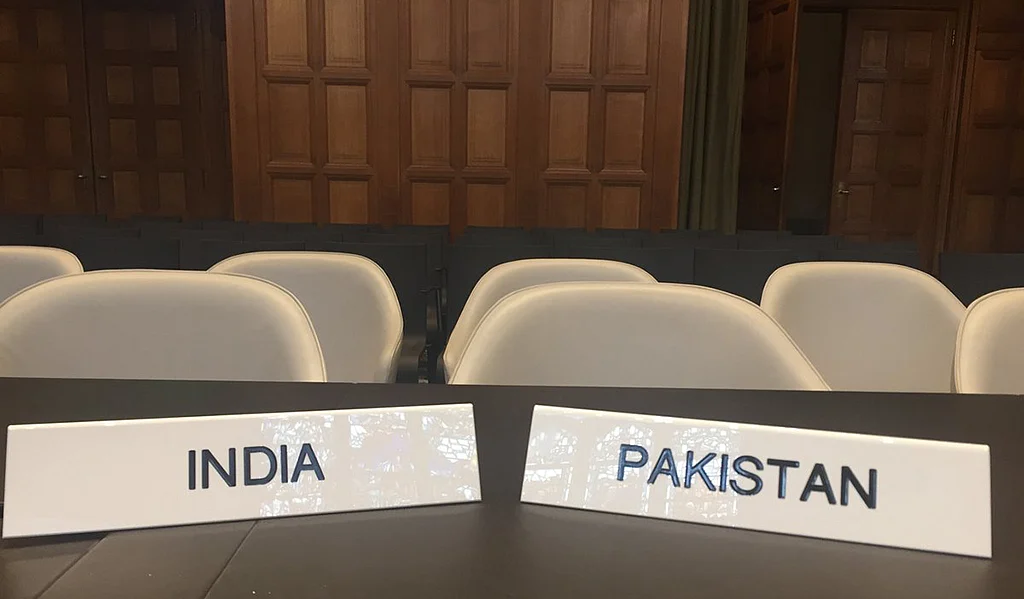Kulbhushan Jadhav case: What Pakistan said at the ICJ
Pakistan indicated that Jadhav had more than six months’ time before the death sentence was to be carried out

Pakistan has asked the International Court of Justice (ICJ) to dismiss India’s application seeking suspension of death penalty for Kulbhushan Jadhav, as it presented its arguments before the World Court on Monday.
Pakistan’s representatives also asked the court for a speedy hearing, and for the case to be resolved “within six weeks”. The public hearings were broadcasted live from The Hague at 6:30 PM Indian Standard Times (IST).
Arguing the case on Islamabad’s behalf, lawyer Khawar Qureshi stated that the “urgency” element, as argued by Indian counsel Harish Salve, wasn’t present in this case.
Salve had earlier in the day, while arguing the case for India, asked the court for “provisional measures”, citing a “grave and urgent” situation concerning Jadhav, who was handed death penalty by a Pakistani military court last month on charges of espionage among others.
However, Pakistan’s Qureshi rejected Salve’s arguments, saying that a clemency appeal in Pakistan could take up to 150 days.
In similar cases brought before the court on earlier occasions, the death penalty was to be carried out on the next day, or within a week. In his case, however, we have nearly six months of time, Qureshi said.
‘Vienna Convention doesn’t apply in this case’
The Pakistani lawyer further argued that jurisdiction of the ICJ in the Kulbhushan Jadhav case was limited, and the rules of consular access between the two countries were governed by a 2008 treaty, rather than the Vienna Convention, as being claimed by India.
According to the 2008 treaty, the decision to grant consular access in cases involving political and security issues would be decided on merits of the case. A major argument underpinning India’s case against Pakistan is that New Delhi had been denied consular access to Jadhav multiple times, which is gross violation of the Vienna Convention.
Qureshi also said that the Vienna Convention didn’t apply in cases involving “spies and terrorists”.
He also rejected New Delhi’s claims that Jadhav had been kidnapped from Iran, saying that “Pakistan shared a long border with India and its security forces didn’t need to travel to Iran” to take into custody an Indian national.
‘Onus on India’
Qureshi further claimed that India had failed to establish the identity of Jadhav, despite repeated requests from Pakistan. “They are yet to explain the passport found on Jadhav at the time of arrest,” he said.
“India could have provided a birth certificate to back up its claims, but they didn’t,” he alleged.
Rejecting India’s claims that Jadhav’s underwent a “farcical trial”, Qureshi claimed that the process comprised of four stages, and was carried out from September 21 through February 12 this year.
Follow us on: Facebook, Twitter, Google News, Instagram
Join our official telegram channel (@nationalherald) and stay updated with the latest headlines
